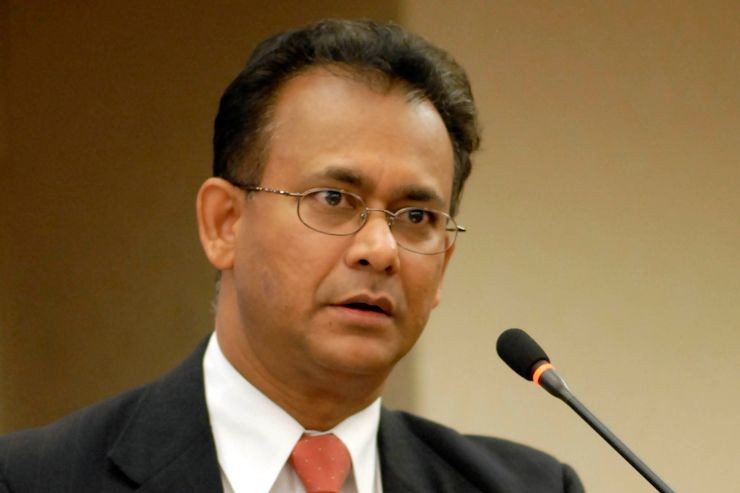A former Assistant Secretary General to the Organisation of American States says the region must have one voice in obtaining resources to fight the effects of climate change.
 Caribbean countries need to do a better job at communicating to their populations the seriousness of climate change. So says Ambassador Albert Ramdin, Advisor to the Minister of Foreign Affairs in Suriname.
Caribbean countries need to do a better job at communicating to their populations the seriousness of climate change. So says Ambassador Albert Ramdin, Advisor to the Minister of Foreign Affairs in Suriname.
“It cannot be an issue that is distant from their lives. It has to be conveyed that this is about their life and their future. So communication at the national level is critically important,” Ambassador Ramdin said.
Speaking with Caribbean News Service (CNS) at the UN Climate Change Conference (COP21), Ramdin underscored the critically important nature of the Paris climate talks for the Caribbean region.
"We are looking at a global framework that is going to be hopefully binding; that will be having high aspirational levels of commitment. These commitments, both at national levels but also at the regional level, are important because it will determine how our countries will have to start dealing with the impact of climate change which already is happening,” he said.
“What they need to do domestically to put in place institutional capacity, increase the level of technical understanding and capacity to deal with them but also to address the financial issues accompanying these activities.”
Ambassador Ramdin, who served as Assistant Secretary General at the Organisation of American States (OAS) between July 2005 and July this year said the issue of financing is a very crucial one for the Caribbean at COP21.
“There’s a lot of impact. A lot of activities need to be undertaken, projects, building dykes, building mangroves to protect coastal areas and so on. They call them mitigation and adaptation policies. So we need to take a good look at how we organise ourselves within our economies in the context of climate change impacts - going to a green economy, making sure that our industries are much cleaner in their production, do not emit high levels of carbon dioxide and so on but this all will cost money,” he said.
“Our small island communities and the low-lying coastal areas do not have those resources. And our impact on global emissions is pretty marginal so we are basically being affected by something which is not caused principally by the island states.
“So what we need to do at this conference is to build alliances to talk to those who have the resources to help us mitigate and adapt to climate change. And I think this is one of the critical issues that needs to be conveyed here,” Ambassador Ramdin added.
But he admitted that accessing funding is a job on its own and very complex.
He is urging the region to build coalitions with other island states and other low-lying coastal areas to make the richer countries understand that adaptation and mitigation cannot be done by the small countries on their own and that it’s in their benefit to invest in mitigation policies in these countries.